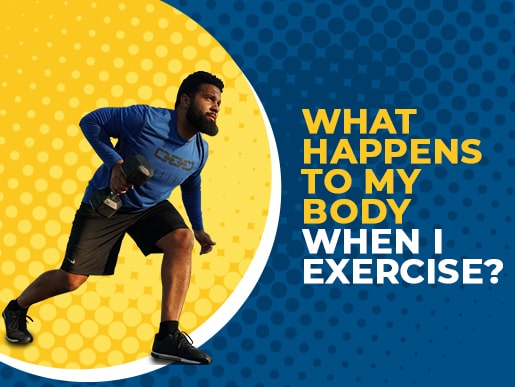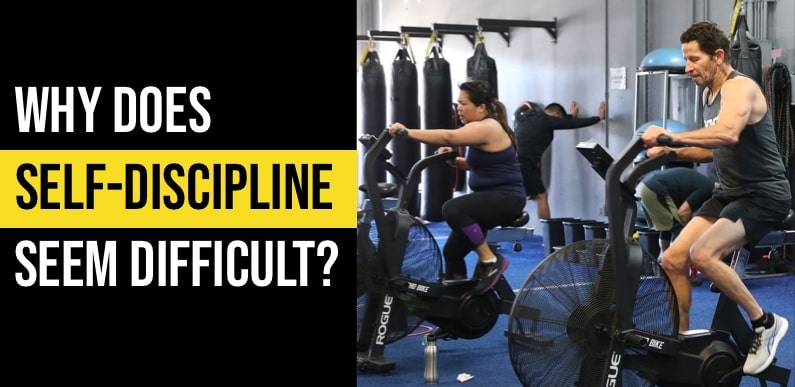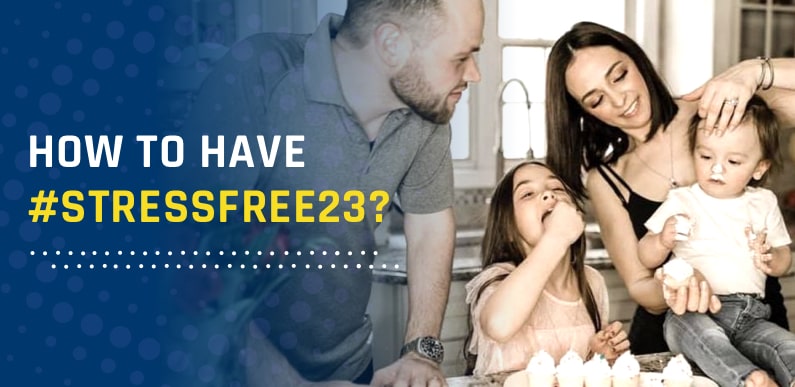Exercise diverts blood from your liver and digestive system to your skeletal muscles. Hormones tell the body to convert fat into glucose, reduce the pain you feel, and improve your mood. Muscles generate lactic acid as a by-product of intensive exercise and, as this builds up, the pH of the blood around the muscles drops low. This drop in pH eventually prevents the muscles from contracting further. At this point, you need to rest to allow the lactic acid so that it can metabolize.
- The brain makes neurotransmitters, like serotonin, dopamine, and GABA. It is part of the reason why the brain consumes more energy during exercise.
- Adrenaline levels rise, which stimulates the heart to beat faster. Capillaries in the muscles open wider, increasing blood flow, thereby up to 20 times.
- The muscles of the ribcage assist the diaphragm with 15 times more oxygen than at rest. Due to this, the breathing speed is fast and deep.
- Your two million sweat glands can produce 1.4 liters of sweat per hour. Waste heat is carried away by the latent heat of evaporation as it dries.
- As you exercise, the large muscles in your arms and legs squeeze the veins running through them, pumping blood back to your heart.
- High-impact and weightlifting exercises stimulate bone formation and reduce the rate of calcium loss as we get older.






